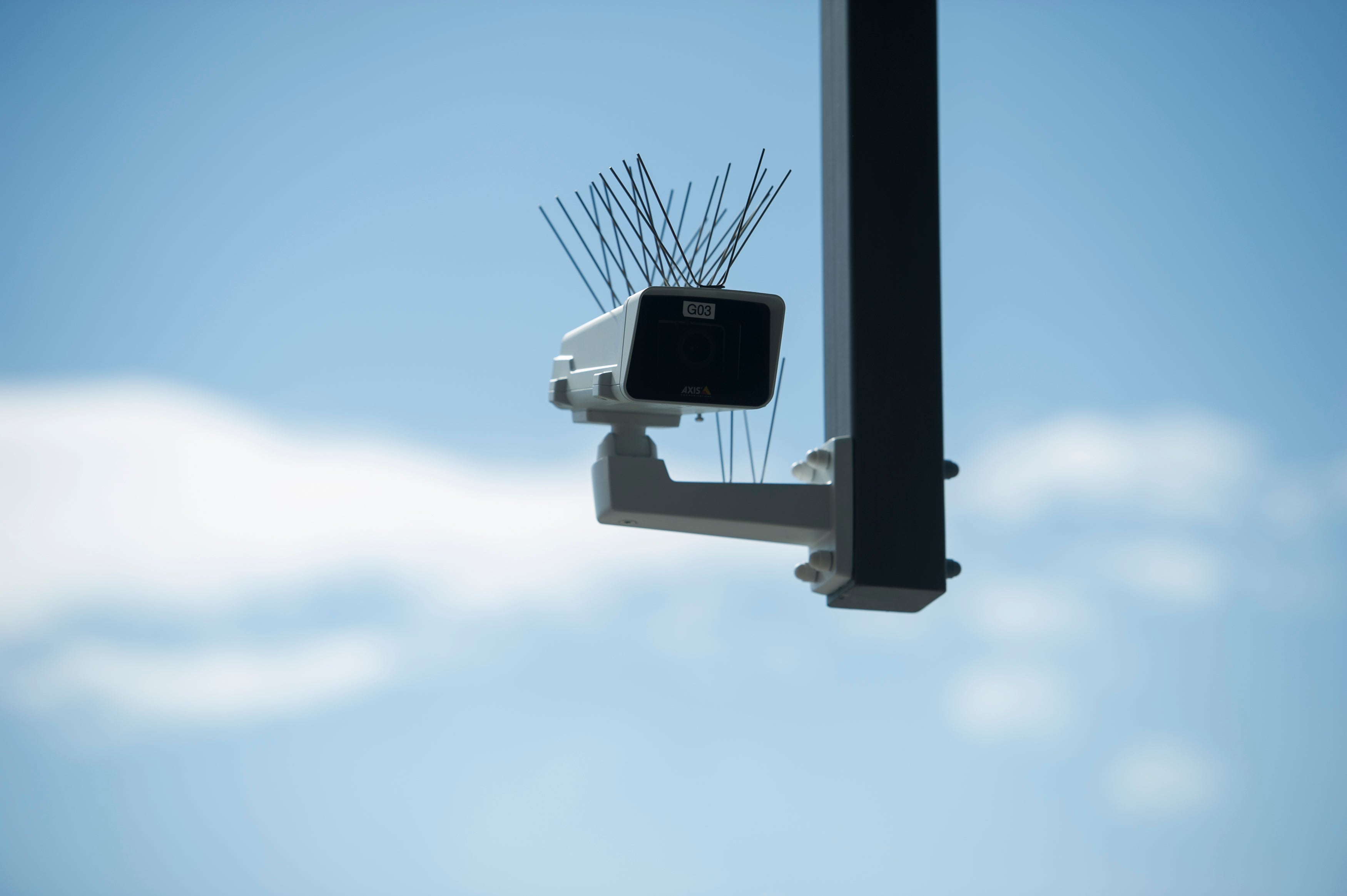Prosecutors move to drop charges identified via facial recognition software
‘I’m glad this is over and I can move on with my life’

Your support helps us to tell the story
From reproductive rights to climate change to Big Tech, The Independent is on the ground when the story is developing. Whether it's investigating the financials of Elon Musk's pro-Trump PAC or producing our latest documentary, 'The A Word', which shines a light on the American women fighting for reproductive rights, we know how important it is to parse out the facts from the messaging.
At such a critical moment in US history, we need reporters on the ground. Your donation allows us to keep sending journalists to speak to both sides of the story.
The Independent is trusted by Americans across the entire political spectrum. And unlike many other quality news outlets, we choose not to lock Americans out of our reporting and analysis with paywalls. We believe quality journalism should be available to everyone, paid for by those who can afford it.
Your support makes all the difference.Federal prosecutors in Washington DC filed a motion to dismiss charges against a protester who was identified using facial recognition technology and was accused of assaulting police officers as they swept demonstrators from Lafayette Square last summer.
The case against Michael Peterson Jr was one of a number in which authorities have used the controversial technology to identify protesters accused of violence during demonstrations over the murder of George Floyd.
It was also the first known instance in which authorities disclosed the existence of a powerful facial recognition system that had been used in thousands of cases across Virginia, Maryland and DC It was discontinued earlier this month.
The US attorney’s office in DC did not give a reason for filing the motion to dismiss, and the office declined to comment, but it came days after Peterson’s attorney filed a motion to suppress his client’s identification by the system known as the National Capital Region Facial Recognition Investigative Leads System (NCRFRILS).
Glenn F Ivey argued in his motion that facial recognition software has not been shown to be scientifically reliable, that it has a higher error rate when identifying Black people, like his client, and that the procedure followed to identify Mr Peterson was flawed.
“I’m glad this is over and I can move on with my life,” Mr Peterson said in a statement.
The motion to dismiss still has to be approved by a judge, but that is typically a formality.
Mr Peterson was accused of punching one US Park Police officer in the face and wrestling another as law enforcement agencies forcefully cleared protesters from Lafayette Square on 1 June, 2020, ahead of a widely criticised photo op by President Donald Trump at a nearby church. Authorities alleged that Mr Peterson then fled the scene.
Mr Peterson was arrested days later after investigators found a photo of him on Twitter and ran it through NCRFRILS, which returned him as a possible match.
NCRFRILS, which was a project of the Metropolitan Washington Council of Governments, had been used more than 12,000 times since 2019 and contained a database of 1.4 million people. More than a dozen local departments and federal agencies had access to it.
Civil liberties and technology groups had called for an end to NCRFRILS, saying that the public did not have adequate input on its creation and that such systems are prone to misidentifying women and minorities at higher rates than white men.
The program was ended after Virginia enacted one of the nation’s toughest laws restricting the use of facial recognition technology. The law took effect 1 July.
The US Government Accountability Office found last month that six federal agencies used facial recognition technology to identify people during the protests, riots and unrest related to George Floyd’s murder.
The Washington Post
Join our commenting forum
Join thought-provoking conversations, follow other Independent readers and see their replies
Comments